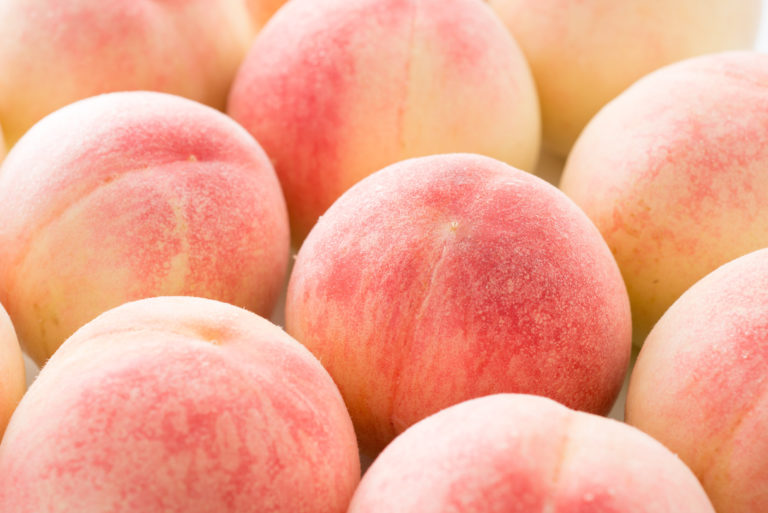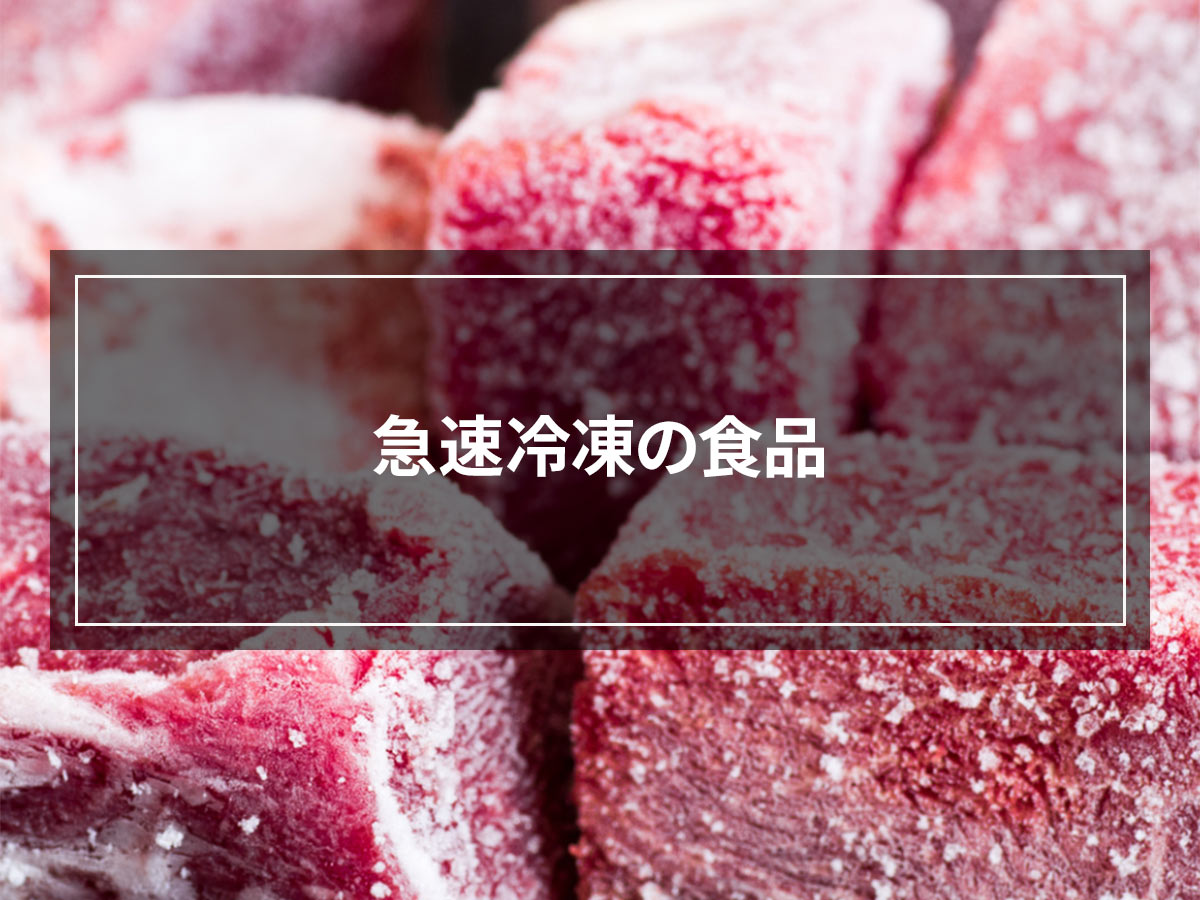[What is the expiry date of frozen foods? ] Points to consider for eating deliciously
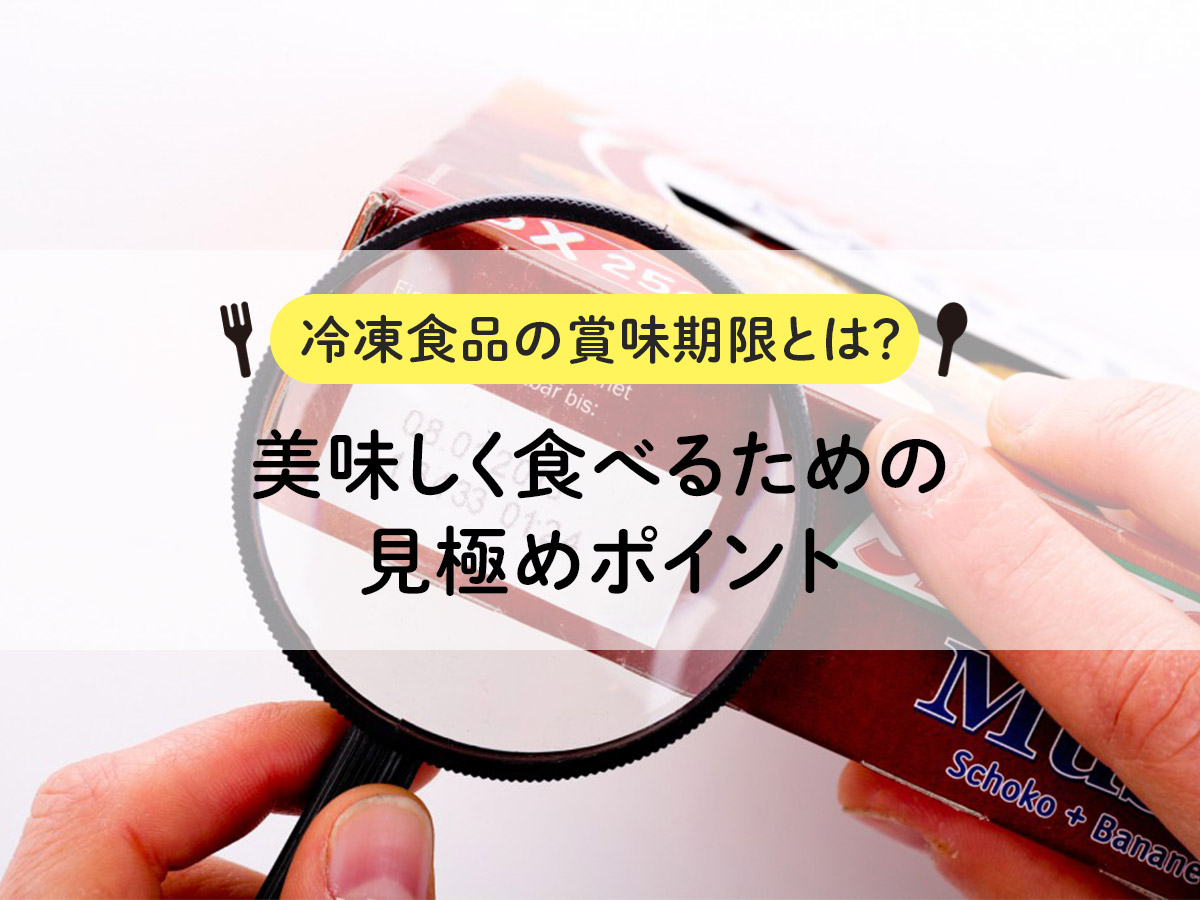
Do you think that if you freeze food, it will last forever?
Although it can be stored for a long time by freezing, it does have an expiration date.
Commercially available frozen foods are rapid freezing, so they can maintain their high quality for a long period of time.
If properly frozen at a low temperature of -18℃ or below, it can be stored for about 1 year.
However, if you store it in your home freezer for a long time, the quality will deteriorate, so it is best to eat it within 4 months of purchasing.
That said, you may still be able to eat the product even after the expiration date.
Here are some points to consider when deciding whether it's safe to eat frozen foods that have passed their expiration date.
I would also like to take a look at the expiry date of homemade frozen foods.
目次
How to determine the expiry date of frozen foods
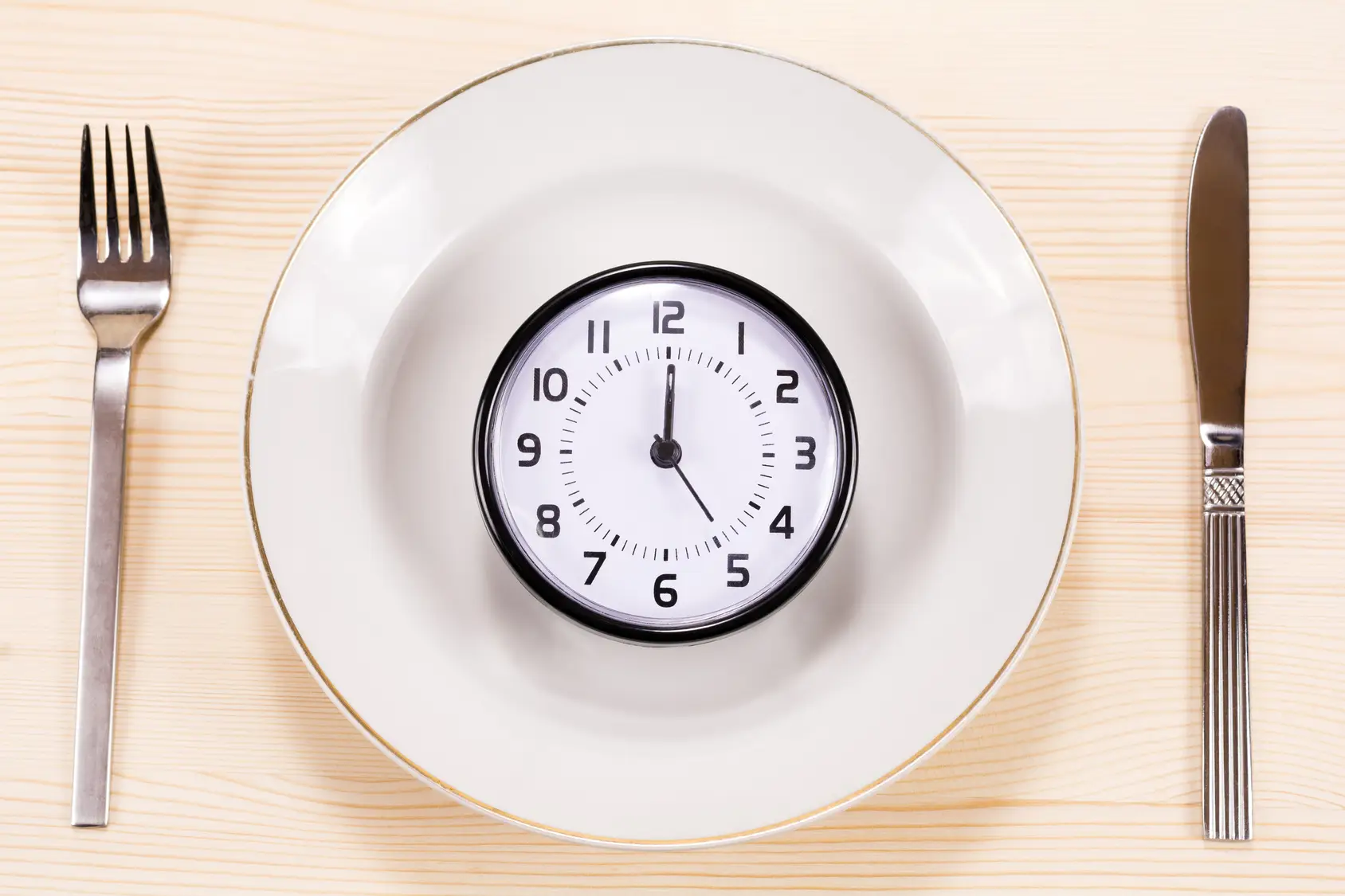
Can be stored for a long time by rapid freezing
Commercially available frozen foods are rapid freezing, which maintains their quality and freshness and allows them to be stored for long periods of time. With normal freezing methods, when food is frozen, ice crystals grow larger and destroy cells.
Water flows out along with the umami components from the destroyed parts, resulting in a loss of flavor and texture.
rapid freezing allows ice crystals to remain small, allowing food to be frozen without destroying the cells within it.
As a result, it can be frozen without being damaged by freezing, and can maintain its high quality for a long period of time.
If stored frozen at -18℃, the shelf life is 1 year.
Frozen foods are designed to be stored at -18℃ or below.
The low temperature of -18℃ suppresses bacterial growth and allows food to be stored for one year.
If you store rapid freezing frozen foods at -18℃ or below, you can prevent bacterial growth and oxidation, allowing them to be stored for a long time.
Since the quality remains the same even after one year of freezing, the expiry date of frozen foods is often one year after production.
The shelf life at home is 4 months.
Normally, the temperature inside the freezer is set at -18℃, but since home freezers are opened and closed frequently, it is not possible to maintain the temperature at -18℃ all the time.
As a result, quality deteriorates slowly. If frozen foods are stored in a home freezer for a long time, the oil contained in them will oxidize and the quality will deteriorate.
Therefore, it is best to avoid storing frozen foods at home for long periods of time.
The shelf life of frozen foods at home is about four months after purchase. It is recommended that you use it within 2 to 3 months, as it may become perishable depending on storage conditions.
However, this does not mean that once the expiration date has passed, the quality of the product will immediately deteriorate or it will go bad.
Frozen food can inhibit the growth of bacteria, so you may be able to eat it even if the expiration date has passed.
5 points to consider when deciding which frozen foods are expired
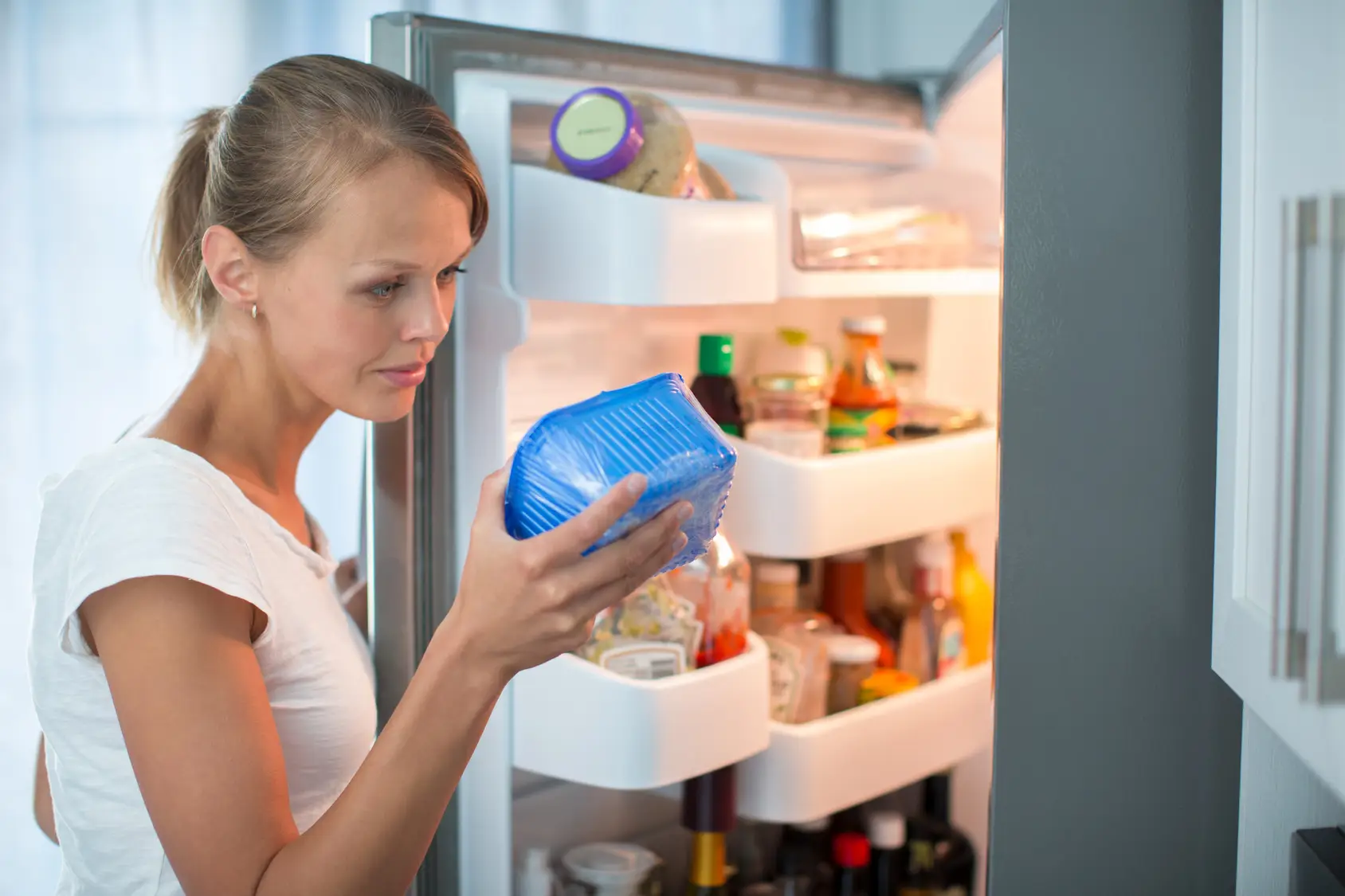
It's best to eat frozen foods before their expiration date, but that doesn't mean you can't eat them after the expiration date.
There are five points to consider when deciding whether it is safe to eat frozen food that has expired.
Have you thawed it and refrozen it?
If you refreeze something that has been thawed once, the quality will deteriorate.
Freezing food in a home freezer destroys the cells within the food, resulting in poor quality.
Even if the expiry date has passed, it is best to eat thawed frozen foods immediately without refreezing them.
Is there frost?
As the surrounding temperature rises, the water in the food also melts, forming frost and ice.
Frozen foods with frost or ice may be of poor quality because they are repeatedly melted and frozen.
A slight amount of frost is fine, but food with a lot of frost is often of poor quality, so it is best to avoid it.
Is it freezer burnt?
Freezer burn is when food loses moisture and becomes dry due to freezing. If you keep it frozen for a long time, you are more likely to get freezer burn. Freezer burn reduces flavor and texture, resulting in loss of deliciousness.
Therefore, although there is no problem with the safety of frozen foods that have suffered freezer burn, we do not recommend them because they have a poor taste.
Is the packaging bulging?
Packaging may swell because the food is not stored properly in the freezer and spoilage progresses, or because the air inside the freezer expands due to temperature changes.
In the latter case, there is no quality problem, but if it is spoiled, there is a safety problem.
You can check for spoilage by smell and appearance, but it is best to avoid frozen foods with bulging packaging.
Has it been opened?
If you open the package, it will be exposed to air, making it more susceptible to drying and oxidation.
Once the seal is opened, the quality deteriorates easily, so it cannot be stored for a long period of time.
If you open the package, it is better to eat it as soon as possible, even if it is still within the expiration date.
Although you may be able to eat the food even after the expiration date, we recommend eating it as soon as possible to ensure its deliciousness.
Expiration date of homemade frozen food

The expiration date is 1 to 2 months
Commercially available frozen foods are rapid freezing, so they can maintain their quality for a long time and have a long shelf life.
However, homemade frozen foods cannot be stored for long periods of time compared to commercially available frozen foods. Since it is not possible to rapid freezing food in a home freezer, the quality will deteriorate if stored for a long time.
Homemade frozen foods have a shelf life of 1 to 2 months. However, it is better to eat it as soon as possible, so we recommend eating it within two weeks.
Homemade side dishes that are suitable for freezing include meat such as fried chicken, hamburgers, sautéed fish, boiled hijiki, dried radish, fried eggs, and cooked vegetables such as broccoli, sweet potatoes, and pumpkin.
Foods that contain a lot of oil and easily oxidize, as well as sponges that easily absorb odors, deteriorate quickly, so it is best to avoid storing them for long periods of time.
4 things to keep in mind when freezing
By properly freezing homemade frozen foods, you can prevent quality deterioration.
Here are four things to keep in mind when freezing food without sacrificing quality.
<Cook>
Cooking kills bacteria, so cook thoroughly before freezing.
It is also convenient to use as you can use it by simply heating it up.
<Wrap tightly in plastic wrap to prevent air contact>
It is important not to expose it to air, as it will oxidize and dry out. Wrap tightly in plastic wrap, then place in a storage bag and seal.
If you wrap it in plastic wrap when it's warm, water droplets will form and the quality will deteriorate, so let it cool down to remove any rough heat before wrapping it in plastic wrap.
<Divided into single-dose portions for ease of use>
If you refreeze the thawed food, the quality will deteriorate, so freeze it in individual portions.
By dividing it into small portions, you can heat and eat only the amount you need.
< rapid freezing as possible>
It is important to rapid freezing to avoid degrading quality. If the food is thick, it will take longer to freeze, so arrange the frozen food wrapped in plastic wrap so that they do not overlap and freeze them so that they are thin and flat.
You can also freeze it in a short time by placing it on a metal tray. Metals have high thermal conductivity, so they quickly remove heat.
Conclusion
Freezing food prevents the growth of bacteria and allows it to be preserved for a long time.
In particular, commercially available frozen foods are rapid freezing, so they can maintain their high quality for a long period of time.
However, even though it can be stored for a long time, there is an expiration date.
It gradually loses its deliciousness, so we recommend eating it as soon as possible, using the expiration date as a guide.
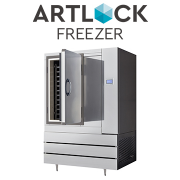



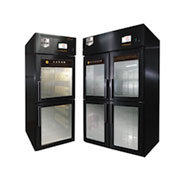



![[Storage period increased by 30 times! ] Achieving a stable supply of raw whitebait!](https://shunkashutou.com/wp-content/uploads/2016/11/579c55e6d32e1385c250e8e7c3ed59a71.jpg)
![[Sales increased 100 times! ] rapid freezing the signature menu “Ni-katsu sandwich”!](https://shunkashutou.com/wp-content/uploads/2016/11/IMG_02391.jpg)
![[Horse sashimi] We have significantly reduced waste loss with rapid freezer!](https://shunkashutou.com/wp-content/uploads/2016/11/5fda59d0cbcdabde18e58c3c58c09ed0.jpg)




![[Storage period increased from 3 days to half a year! ] Restaurants are expanding their business using wholesale and mail order!](https://shunkashutou.com/wp-content/uploads/2018/04/66c19942ab4ba346fdb64ccc04cde373.png)
![[Reduce loss from 200 kg of oysters to zero] Improve loss and expand business with rapid freezer](https://shunkashutou.com/wp-content/uploads/2018/06/19785ca583a8d3c4041c7c192d041b0d.jpg)



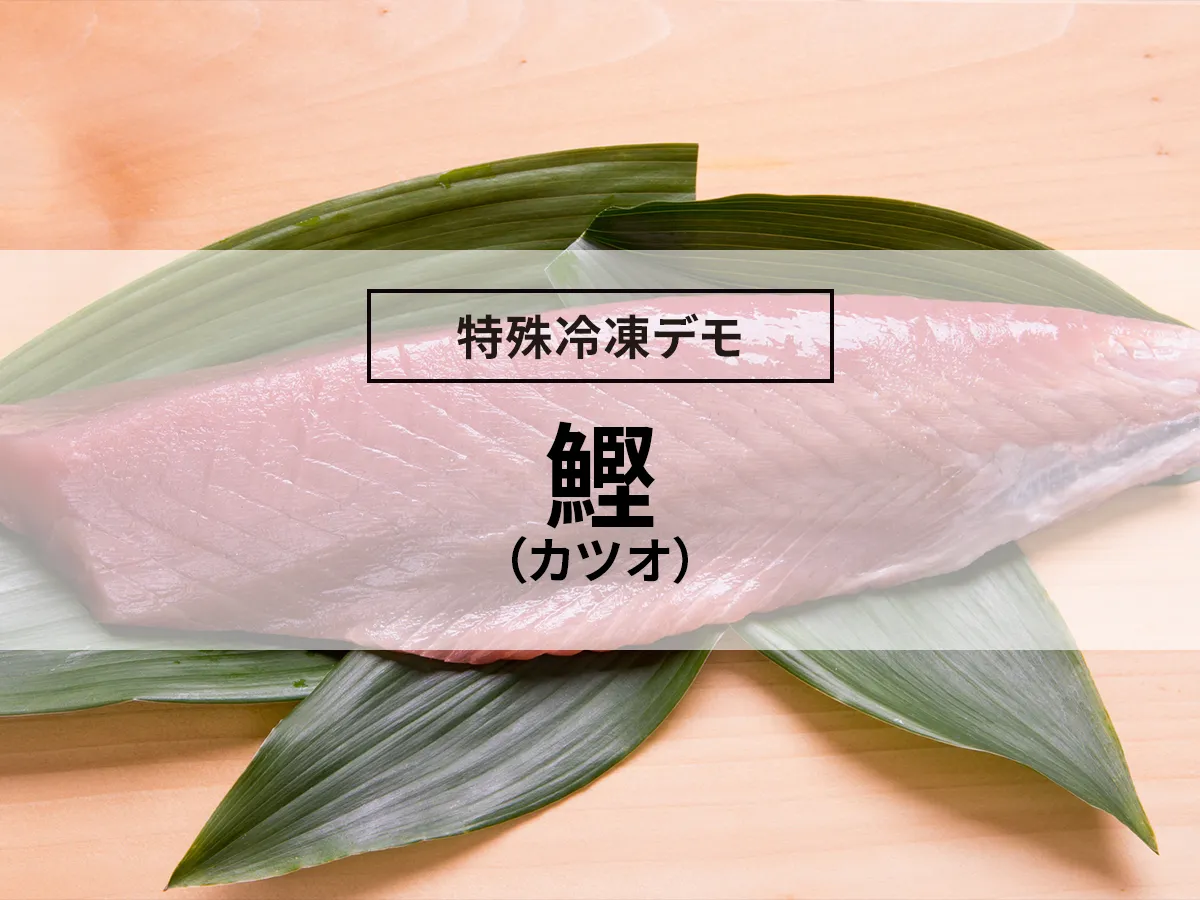
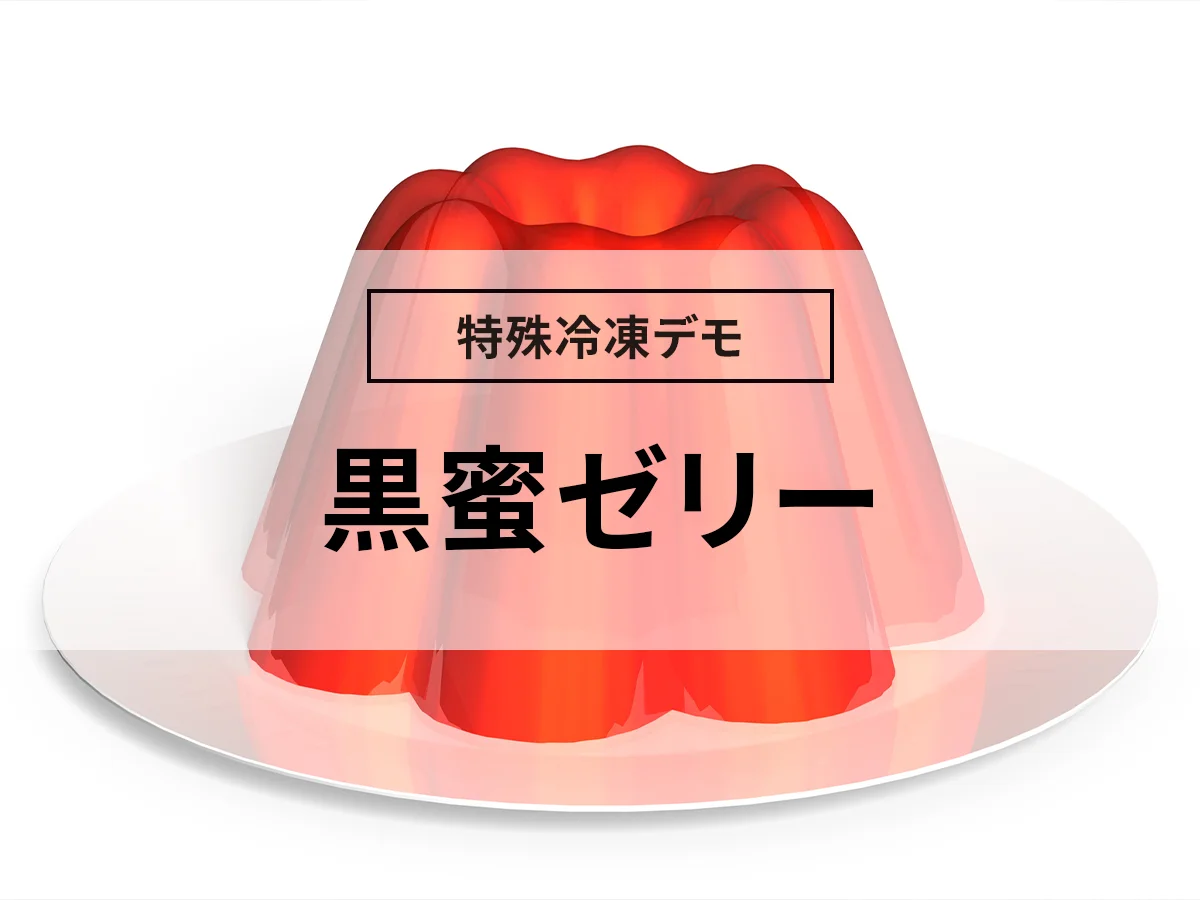
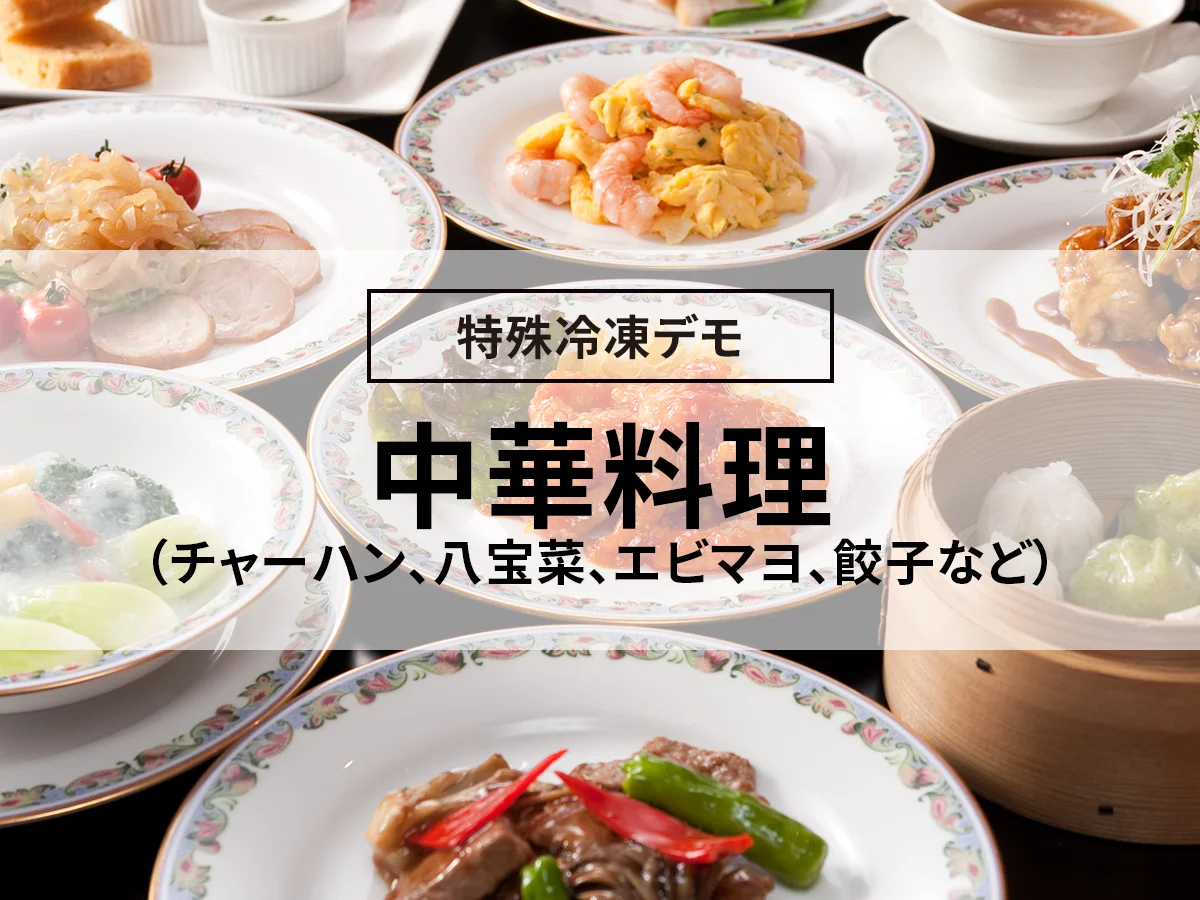
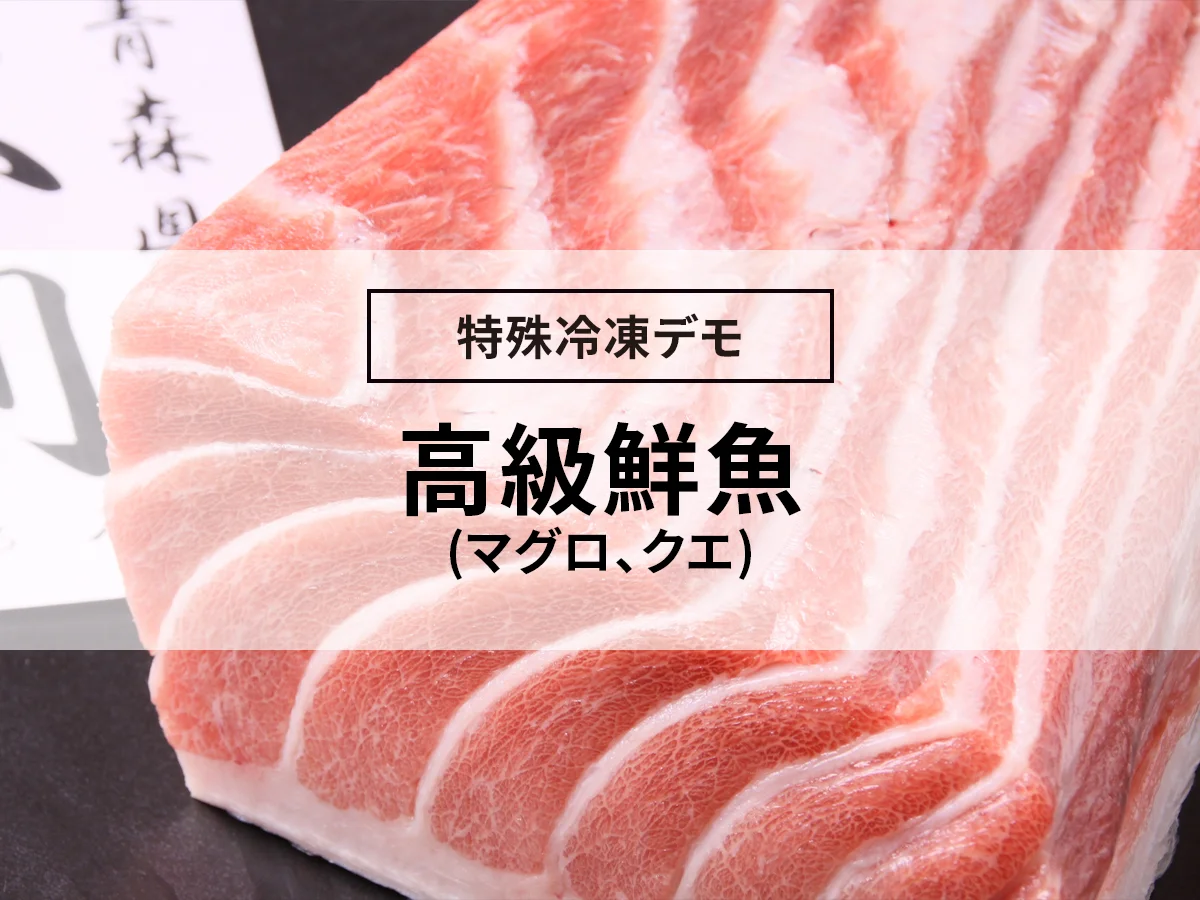
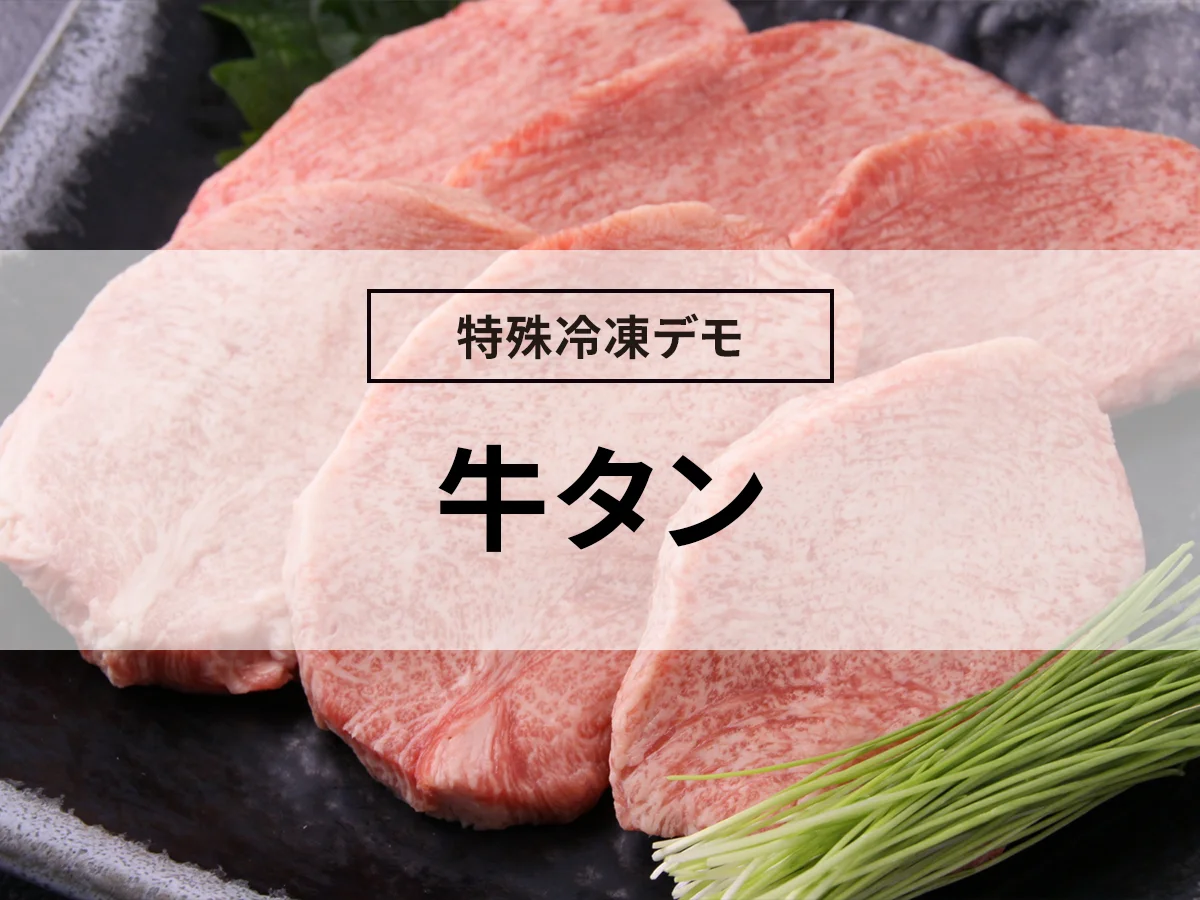
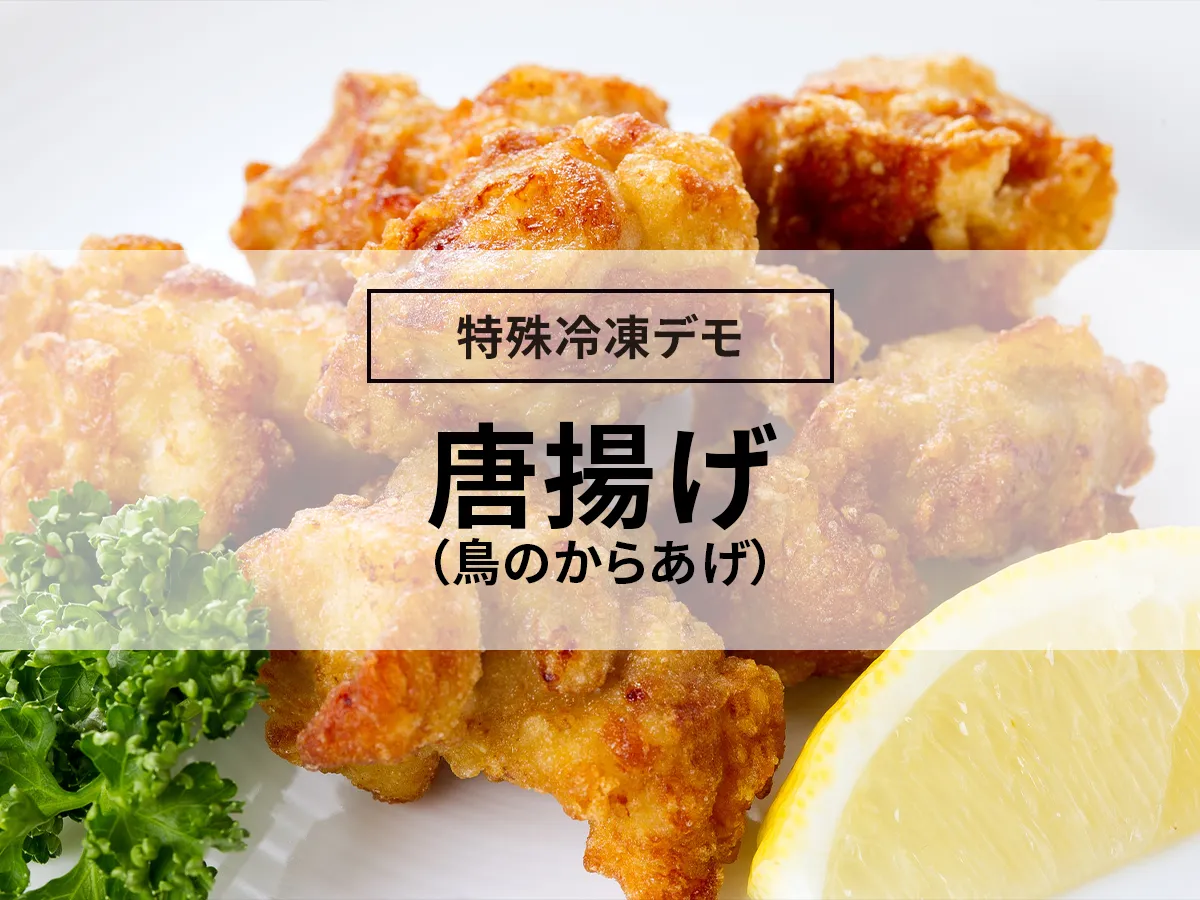
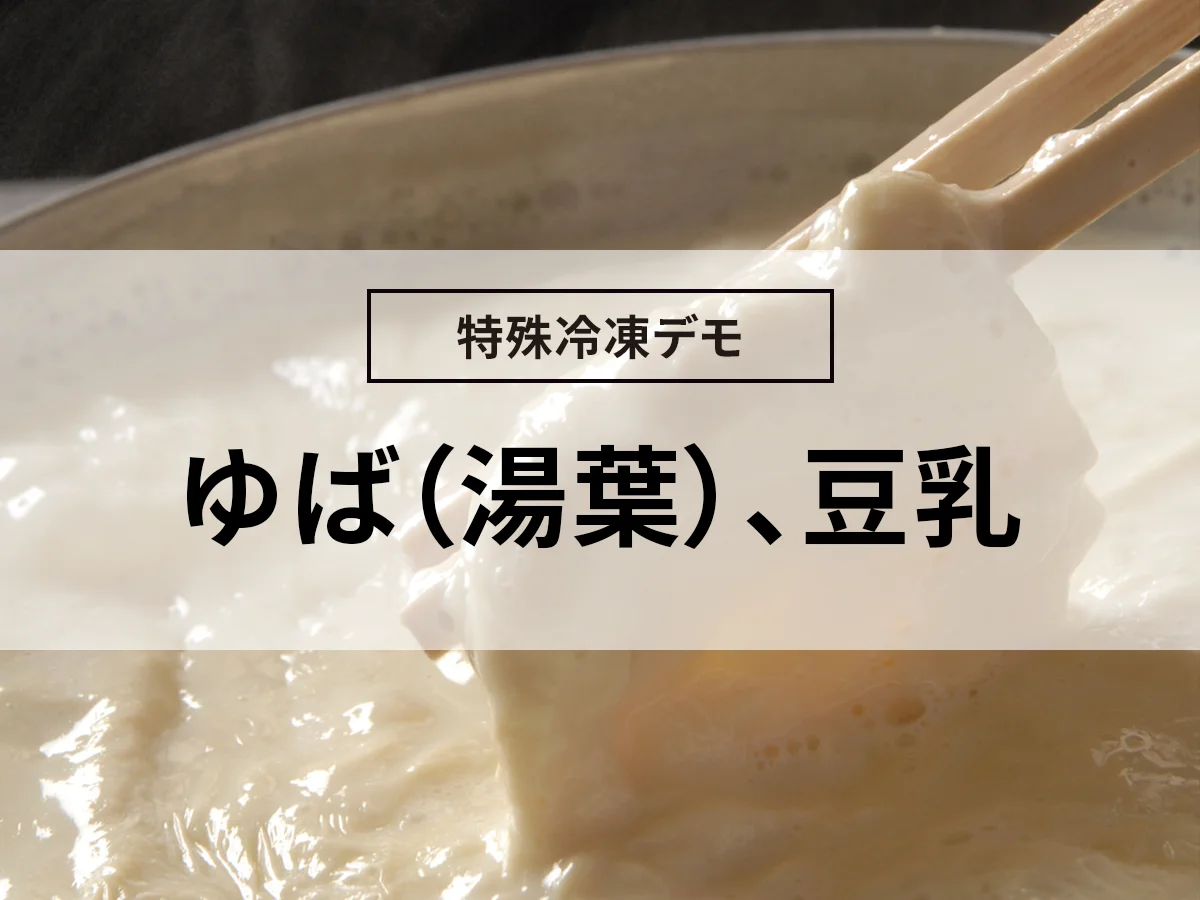
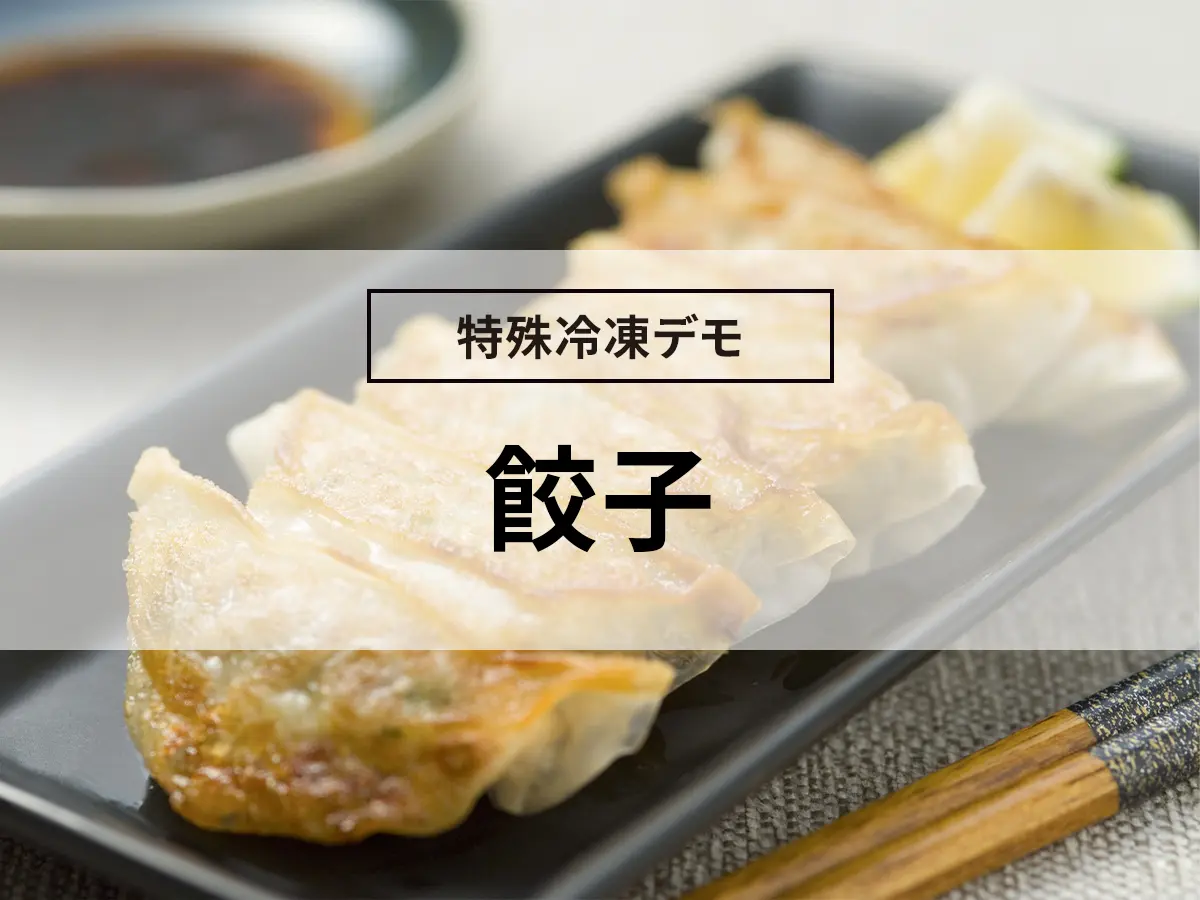
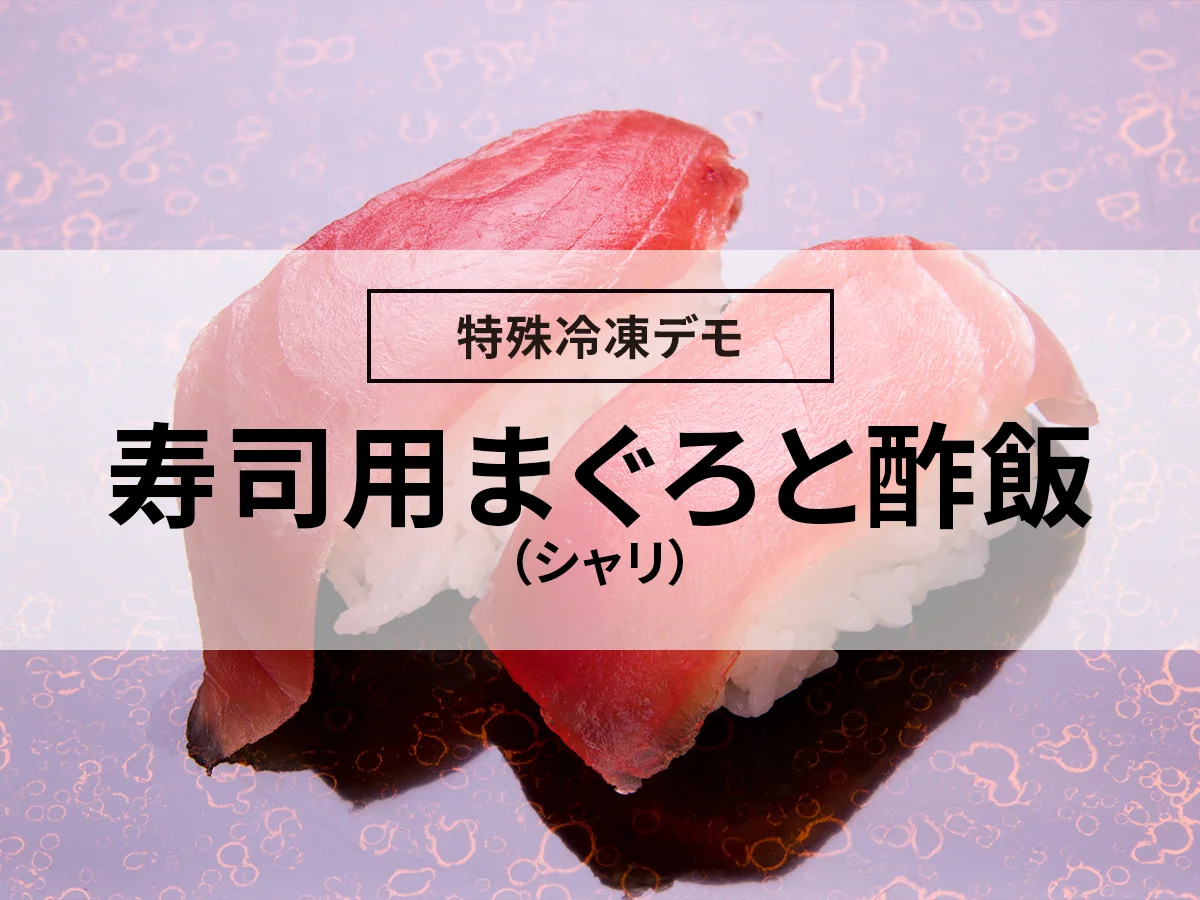


![[Delicious frozen squid recipe! ] Tips on how to eat squid deliciously and without waste](https://shunkashutou.com/wp-content/uploads/2023/10/f3bc339b6bcaff01bd8e2aaa4257acfe.jpg)
![[Explanation with photos] How to freeze octopus, storage period, and 5 recipes!](https://shunkashutou.com/wp-content/uploads/2023/10/5128a2b3fa3cc254cffab87821372215.jpg)
![How to freeze bitter gourd and 5 recipes! [Explanation with photos! ]](https://shunkashutou.com/wp-content/uploads/2023/09/8fe0cb793c93d4fd4c26f352d17e5b87.jpg)
![Introducing how to freeze fried chicken and a delicious recipe [Explaining tricks and techniques]](https://shunkashutou.com/wp-content/uploads/2023/09/2d15a108b8d7de5b4811f69c9bc8b8f1.jpg)
![[Explanation with photos] How to freeze nagaimo, storage period, and 5 recipes!](https://shunkashutou.com/wp-content/uploads/2023/09/c46c238f2048d76de403dfd81ddad1f3.jpg)
![Introducing the method and recipe for freezing Chinese cabbage [Explanation with photos]](https://shunkashutou.com/wp-content/uploads/2023/09/9d8d568b15f5db95f8aafa32d3796045.jpg)
![[Explanation with photos! ] How to freeze hijiki and its storage period, 5 recipes!](https://shunkashutou.com/wp-content/uploads/2023/09/ff6bdc527dd066b7d725a48161d7925d.jpg)
![[Freezing Preservation Tips Series] How to freeze radish deliciously and reference recipes!](https://shunkashutou.com/wp-content/uploads/2023/08/0248ce56316e8dc86c8a3ea85ff1a479.jpg)
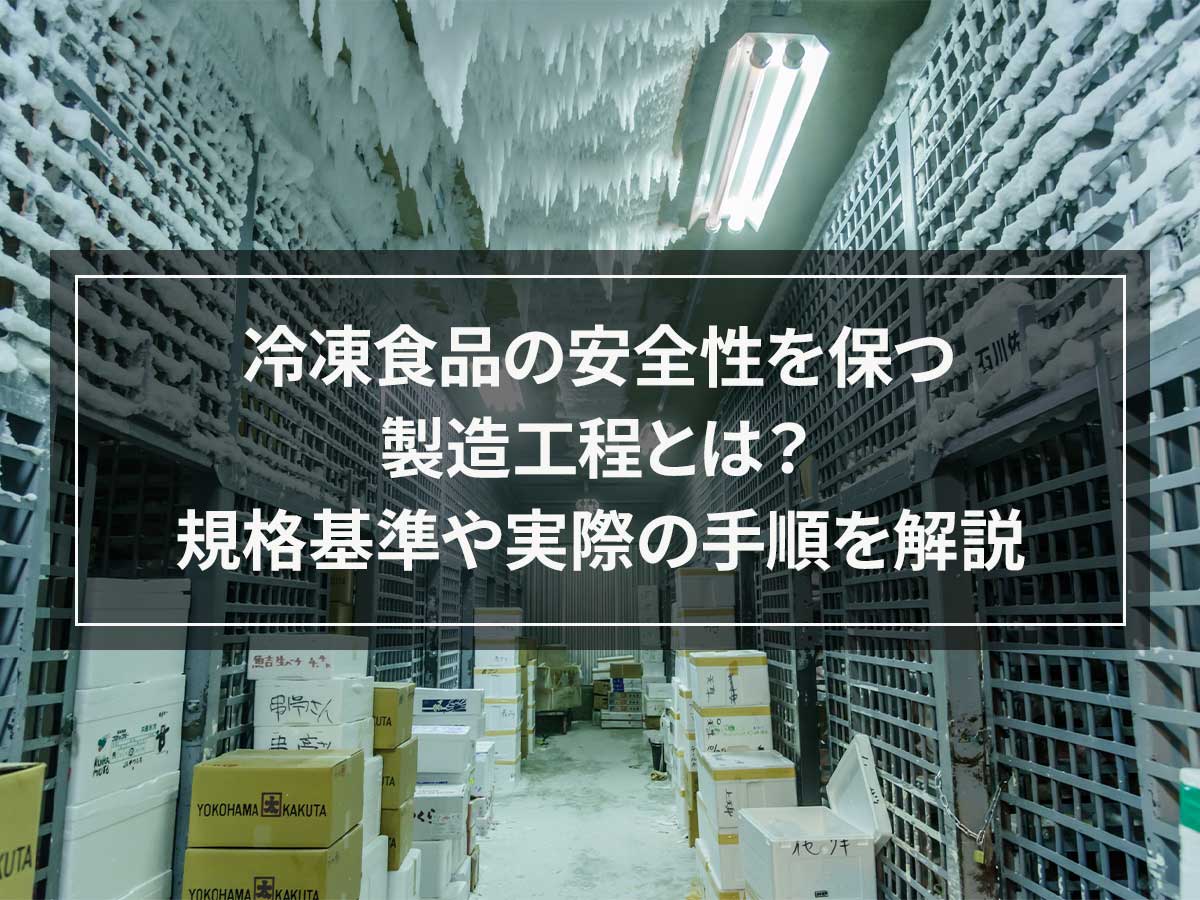
![[It's good to know! ] Introducing how to freeze curry, how long to keep it frozen, and how to thaw it |](https://shunkashutou.com/wp-content/uploads/2023/08/5de5495c896622dc896a8f23d9528300.jpg)
![[Osechi remake dishes too! ] Introducing the method and recipe for freezing black beans](https://shunkashutou.com/wp-content/uploads/2023/09/9bcd5b0667eef32b7c7daf786e01172f.jpg)
![[Explanation with photos! ] How to freeze beef, storage period, and 5 recipes!](https://shunkashutou.com/wp-content/uploads/2023/07/8717f2a867f52157bab47841b0f29019.jpg)
![Introducing how to freeze burdock and recipes [Explanation with photos! ]](https://shunkashutou.com/wp-content/uploads/2023/09/0812c28da547fe267723143edad2bfed.jpg)

![[Explanation with photos! ] Shiitake mushroom freezing method and storage period, 5 recipes](https://shunkashutou.com/wp-content/uploads/2023/09/shiitake-768x512-1.jpg)
![[Explanation with photos! ] Introducing the method and recipe for freezing komatsuna](https://shunkashutou.com/wp-content/uploads/2023/09/5d2a19a6e6cfb5ad0329d8fce162f292.jpg)
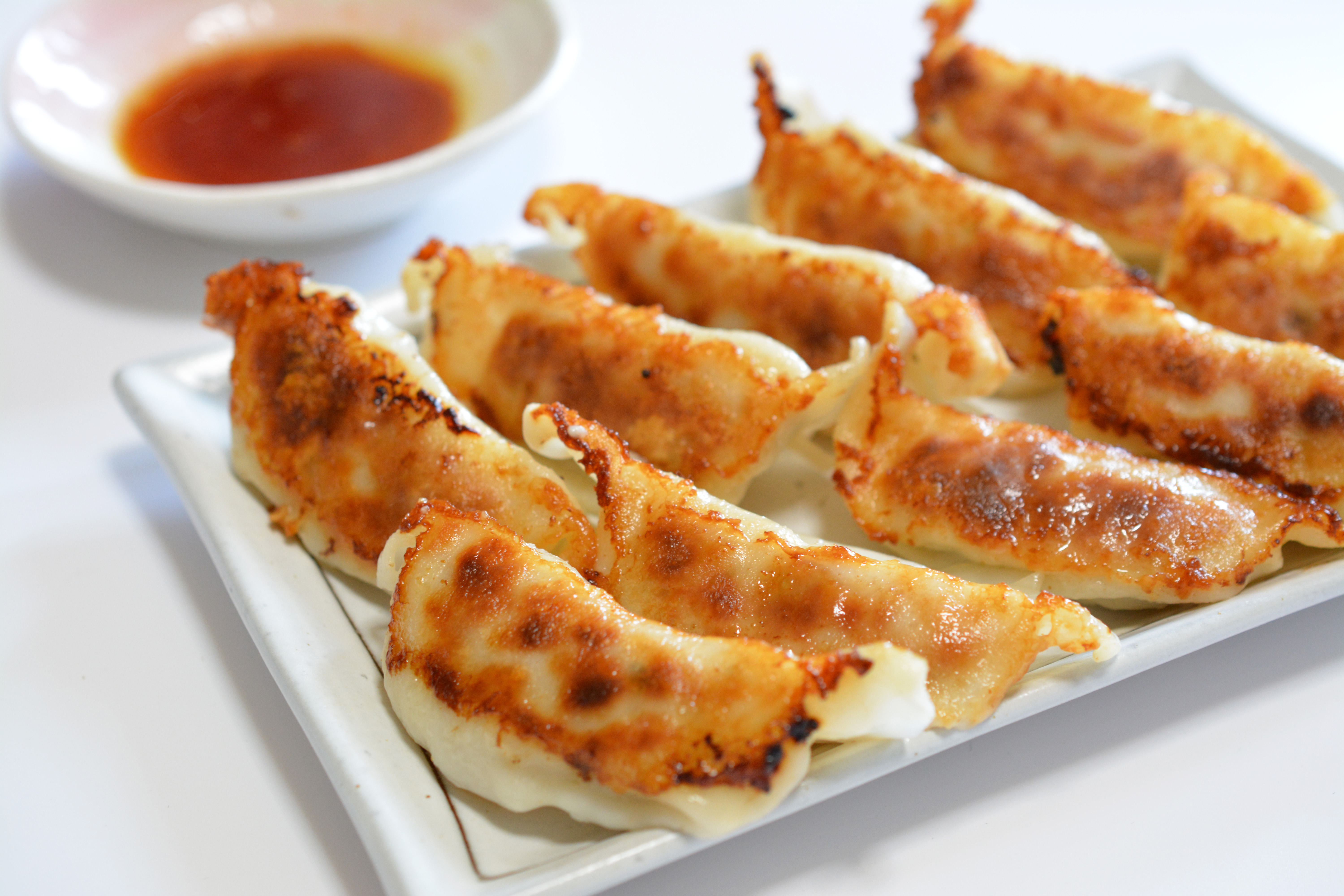
![[Explanation of how to fry! ] How to freeze and thaw pork cutlet, remake recipe!](https://shunkashutou.com/wp-content/uploads/2023/10/0a4143ad8ea0cc6bb6fdab8c74fab407.jpg)
![[How long does it last? ] How to freeze cooked rice and how long it can be stored](https://shunkashutou.com/wp-content/uploads/2023/10/7e31499b015d58f220536e3274a41bf2.jpg)
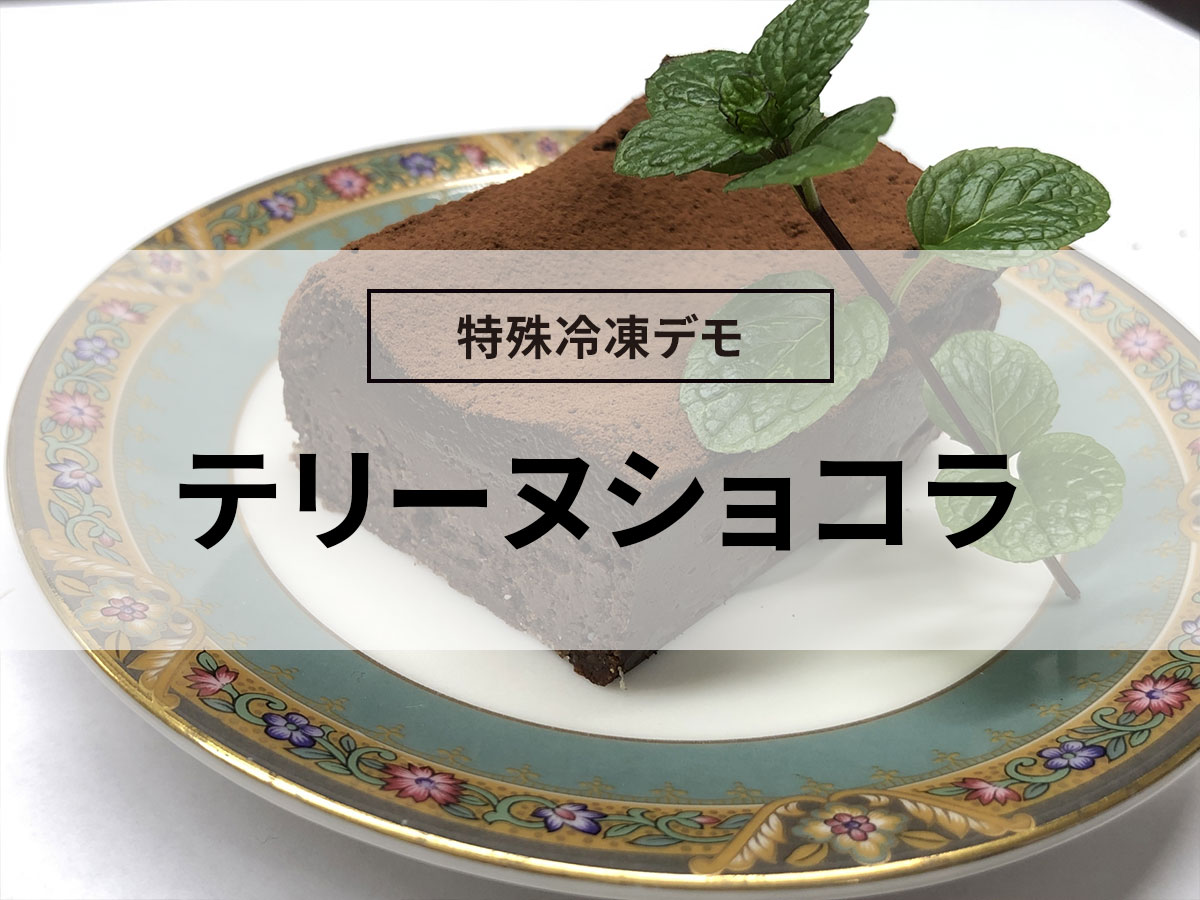
![[Explanation with photos] How to freeze peaches, storage period, and 5 recipes!](https://shunkashutou.com/wp-content/uploads/2023/09/b454a38d482a64b14d55d2560aa4193a.jpg)
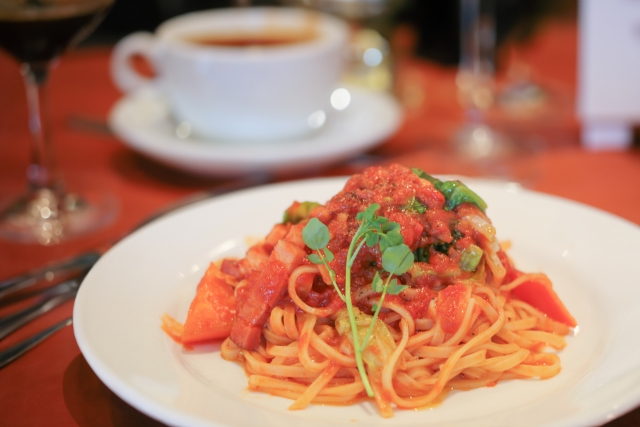
![How to freeze apples and what is their nutritional value? Perfect for baby food! [Explanation with photos! ]](https://shunkashutou.com/wp-content/uploads/2023/10/cf0380a4b371d2f43e0f0ed99c7344a2.jpg)
![[Can it be frozen? ] Introducing how to freeze ham and delicious recipes!](https://shunkashutou.com/wp-content/uploads/2023/09/867d7b924bf17d95bedba60a6503e00e.jpg)
![[Can it be frozen? ] How to freeze milk, storage period, and 5 recipes!](https://shunkashutou.com/wp-content/uploads/2023/09/d0390cbc7a5e9a76c11d5b9eff3b4a5b.jpg)
![[With photos] Lemon freezing and storage period, recipes for how to use frozen lemons](https://shunkashutou.com/wp-content/uploads/2023/09/21a01b705aff194717e200bf6dc6ce5b.jpg)
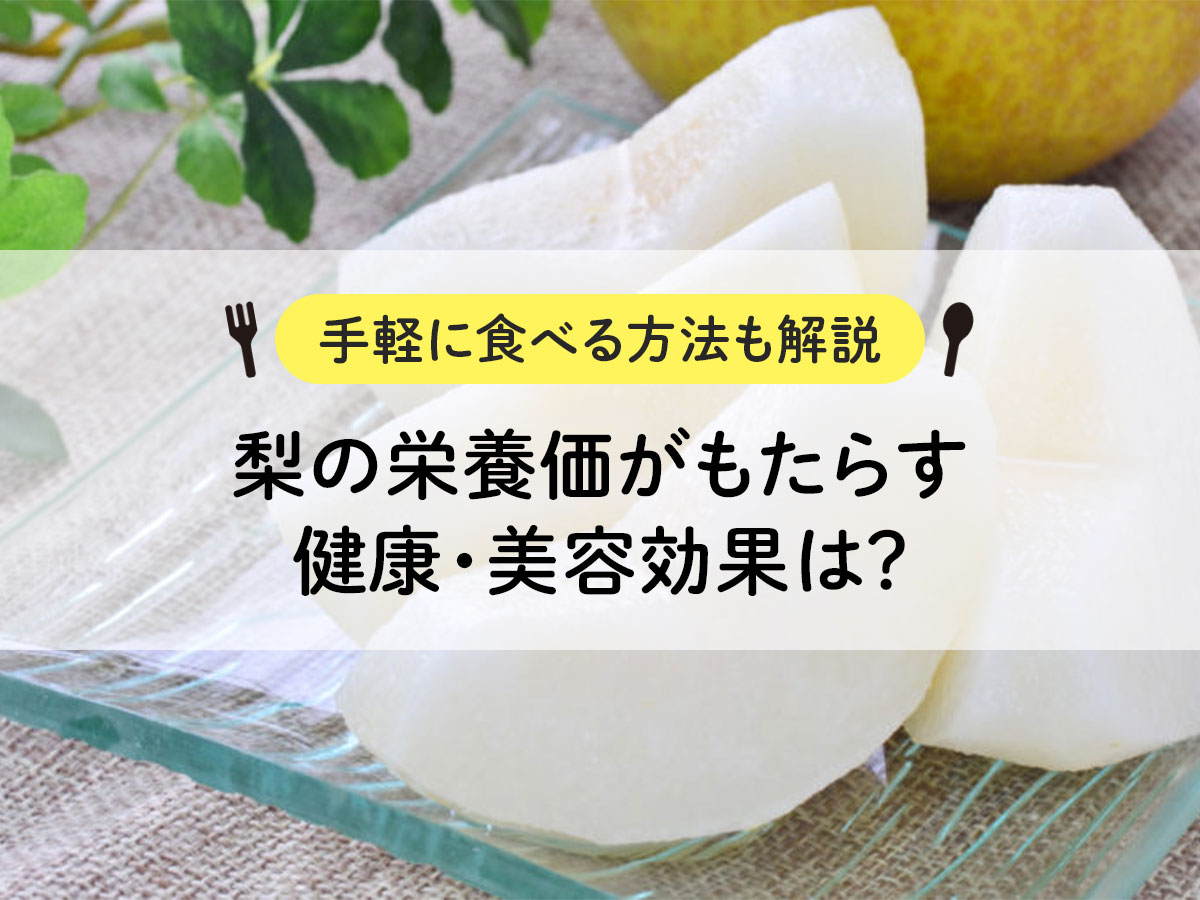
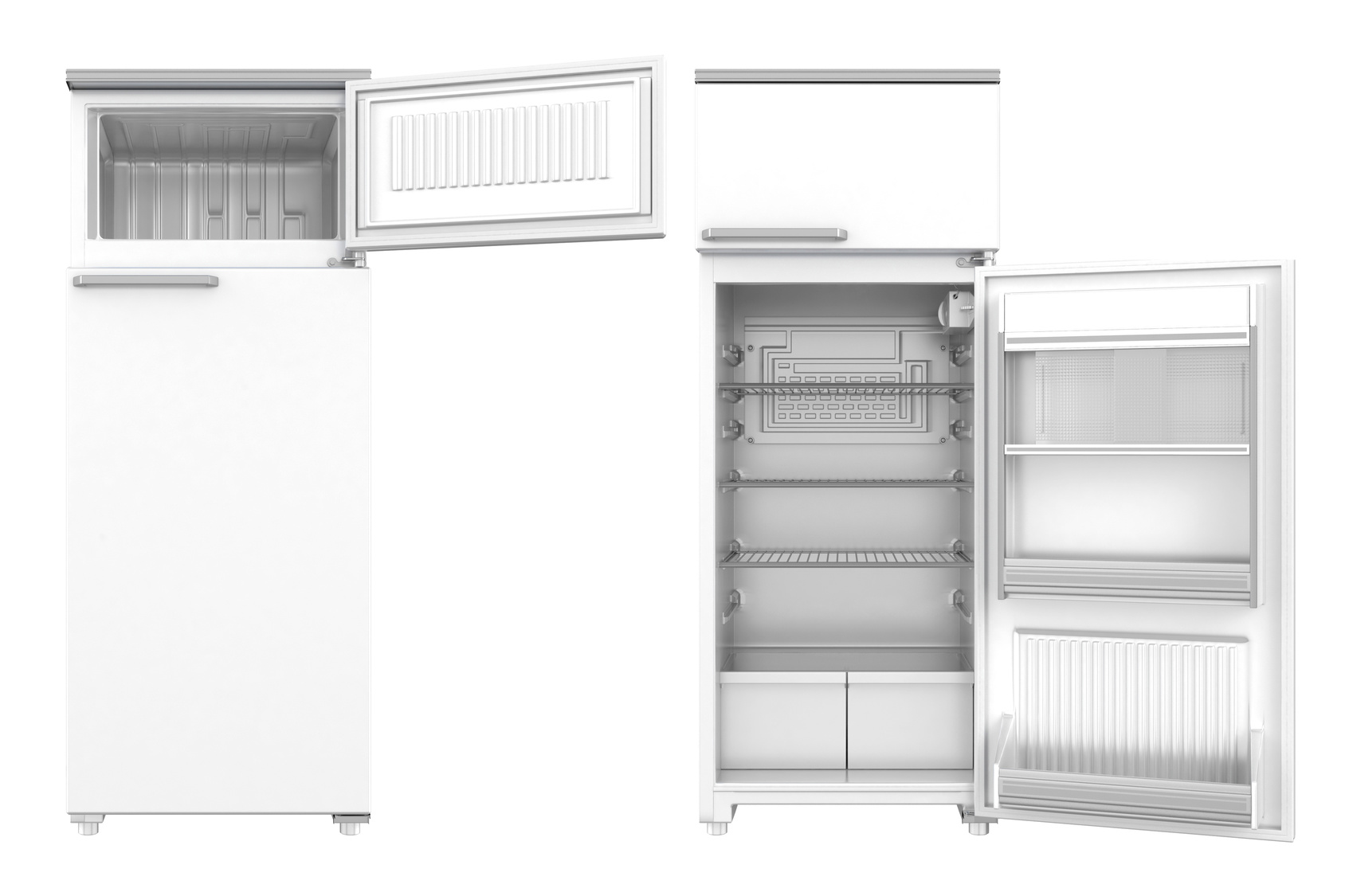
![Thorough explanation of how to freeze eggplant and its storage period! [Explanation with photos! ]](https://shunkashutou.com/wp-content/uploads/2023/08/03fe8d79948a39047616383e2d3fb64a.jpg)
![[Convenient for lunch boxes! ] How to freeze fried noodles and 5 different recipes](https://shunkashutou.com/wp-content/uploads/2023/10/yakisoba-768x512-1.jpg)
![[Recommended for making lunch boxes! ] Delicious ways to use frozen foods](https://shunkashutou.com/wp-content/uploads/2023/09/m-frozen-food-bento_eyecatch.jpg)
![[Can it be frozen? ] How to freeze mashed potatoes, how long they can be stored, and how to use them](https://shunkashutou.com/wp-content/uploads/2023/09/b7f3f25102051473b7c2f9452840a6f4.jpg)
![Introducing how to freeze mushrooms and recipes [Explanation with photos! ]](https://shunkashutou.com/wp-content/uploads/2023/09/a4b193bf883e378a4d3fb316b2edaf43.jpg)
![[Lunch boxes are easy! ] Techniques and recipes for effectively using frozen side dishes](https://shunkashutou.com/wp-content/uploads/2023/07/reitou-bento-1024x682-1.jpg)
![How to freeze potatoes and a great time-saving recipe! [Moms must see! ]](https://shunkashutou.com/wp-content/uploads/2023/10/potato1-768x512-1.jpg)
![[Explanation with photos! ] A good way to freeze lotus roots and recipes to use them!](https://shunkashutou.com/wp-content/uploads/2023/10/adac4ea3f269121c4cb5e74b323508f5.jpg)
![How to freeze chicken, storage period, and 5 recipes! [Explanation with photos! ]](https://shunkashutou.com/wp-content/uploads/2023/08/01f6582931e13522ee0d1ee900be2d1d.jpg)
![How to freeze mizuna and 5 recipes! [Explanation with photos! ]](https://shunkashutou.com/wp-content/uploads/2023/09/b22c59559b7316b40d35d2555434791e.jpg)
![[Explanation with photos] How to freeze winter melon, storage period, and 5 recipes!](https://shunkashutou.com/wp-content/uploads/2023/10/8c301e3fcfbb9c7f457d8b05dfea902d.jpg)
![[Can it be frozen? ] How to freeze and thaw okonomiyaki, arrangement recipe!](https://shunkashutou.com/wp-content/uploads/2024/01/58bc763c02f23a2a6442d6449853a67b.jpg)
![[Recommended for lunch boxes too! ] Introducing recipes and methods for freezing pasta!](https://shunkashutou.com/wp-content/uploads/2023/10/93f66b71b92cbe1085d41c4ed80d7726.jpg)
![[8 times more nutrition! ] Introducing how to freeze clams, storage period, and 5 recipes](https://shunkashutou.com/wp-content/uploads/2023/10/57204e2a2f115f810e29e365cfc86638.jpg)
![Introducing how to freeze/thaw salmon roe and how long to store it [includes carefully selected recipes]](https://shunkashutou.com/wp-content/uploads/2023/09/236b884b68d07d2f5983f2b9ea66583d.jpg)
![[Can it be frozen? ] How to freeze bacon, storage period, and 5 recipes!](https://shunkashutou.com/wp-content/uploads/2023/07/52dff5bc109cd400879fbf9bb35b3856.jpg)
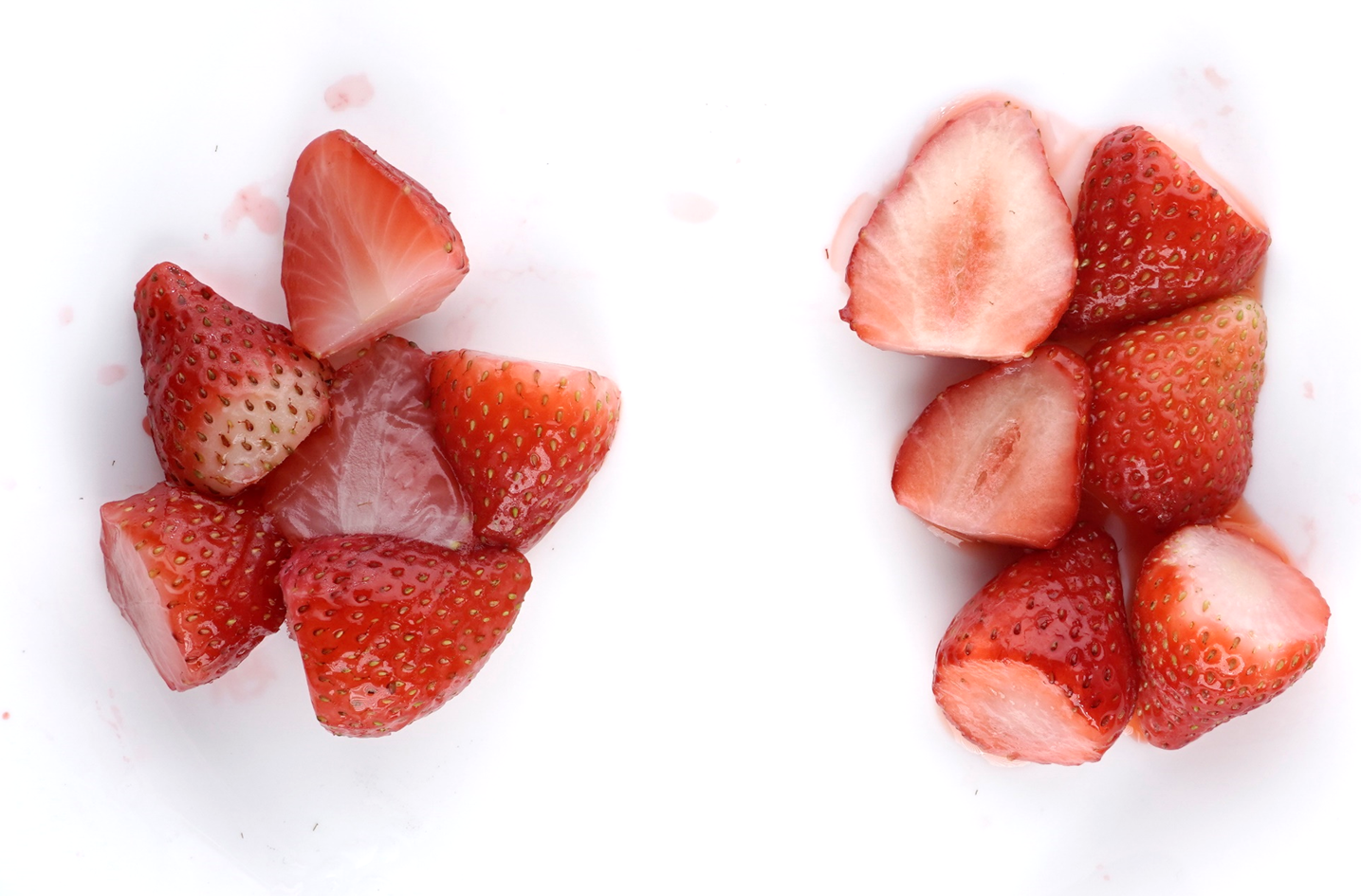
![[Explanation of how to bake! ] How to freeze gyoza, storage period, and arranged recipes](https://shunkashutou.com/wp-content/uploads/2023/09/c3dca78e4f555cfbcfe88d6e13b19bba.jpg)
![[Nutrition remains the same! ? ] Introducing how to use frozen vegetables and recommended recipes](https://shunkashutou.com/wp-content/uploads/2023/10/vegetables-reito-1-1-768x511-1.jpg)
![[Explanation with photos! ] How to freeze green beans, storage period, and 5 recipes](https://shunkashutou.com/wp-content/uploads/2023/09/f3dbbe5b1d05a50f514a833efdceced9.jpg)
![[Guide to handling frozen chicken for commercial use] How to thaw and how long it can be used after that](https://shunkashutou.com/wp-content/uploads/2018/04/36a79f65c113cc4318afbc48fa6229b7.webp)
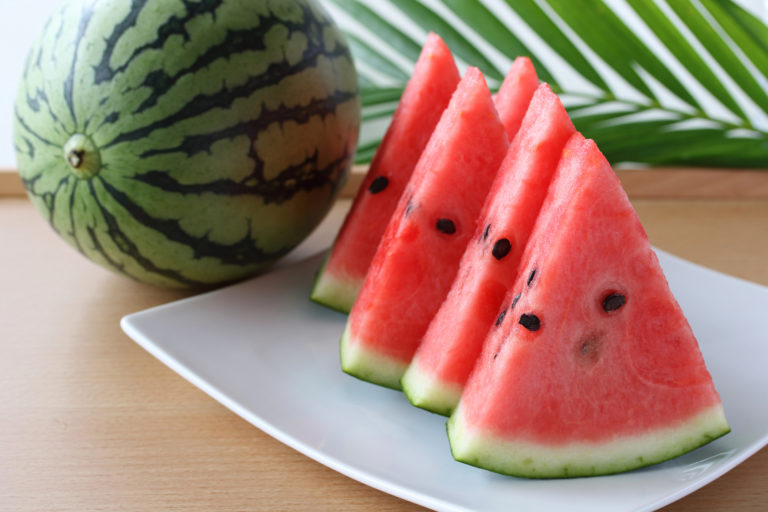
![[Explanation with photos] How to freeze meat sauce, storage period, and 5 recipes!](https://shunkashutou.com/wp-content/uploads/2023/09/efa7161a08e57ef763d9e19623c7669c.jpg)
![Explaining how to freeze garland chrysanthemums with photos! [Defrosting and storage period, 5 recipes]](https://shunkashutou.com/wp-content/uploads/2023/10/syungiku-catch-768x512-1.jpg)
![How to freeze mushroom mushrooms, storage period, and 5 recipes! [Explanation with photos! ]](https://shunkashutou.com/wp-content/uploads/2023/09/4b6ffe2ef040e90085b4ee4f0c3e72a9.jpg)
![How to freeze cucumbers and 5 recipes! [Explanation with photos! ]](https://shunkashutou.com/wp-content/uploads/2023/09/37a83e91a989dfbc285ac11dede7c8c2.jpg)
![Introducing the frozen preservation method and recipe for bamboo shoots [Explanation with photos! ]](https://shunkashutou.com/wp-content/uploads/2023/07/4c47b443710cb5788386ab6fd1fa0a07.jpg)

